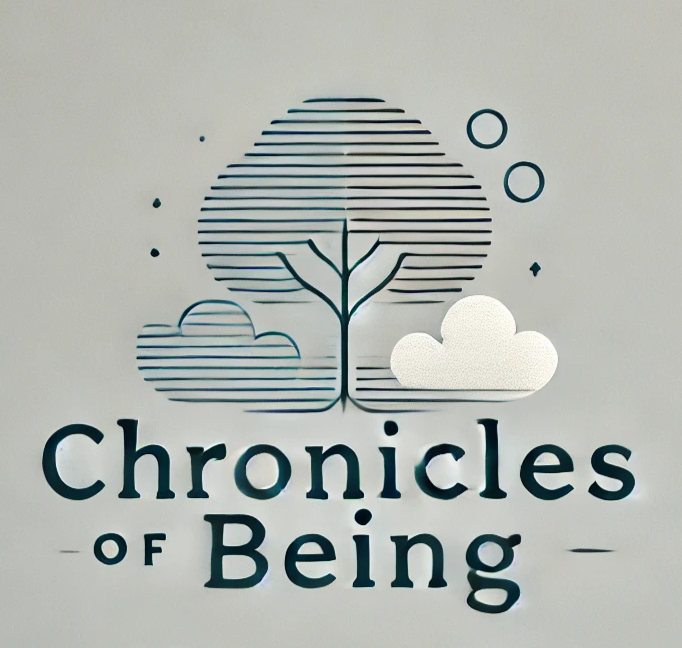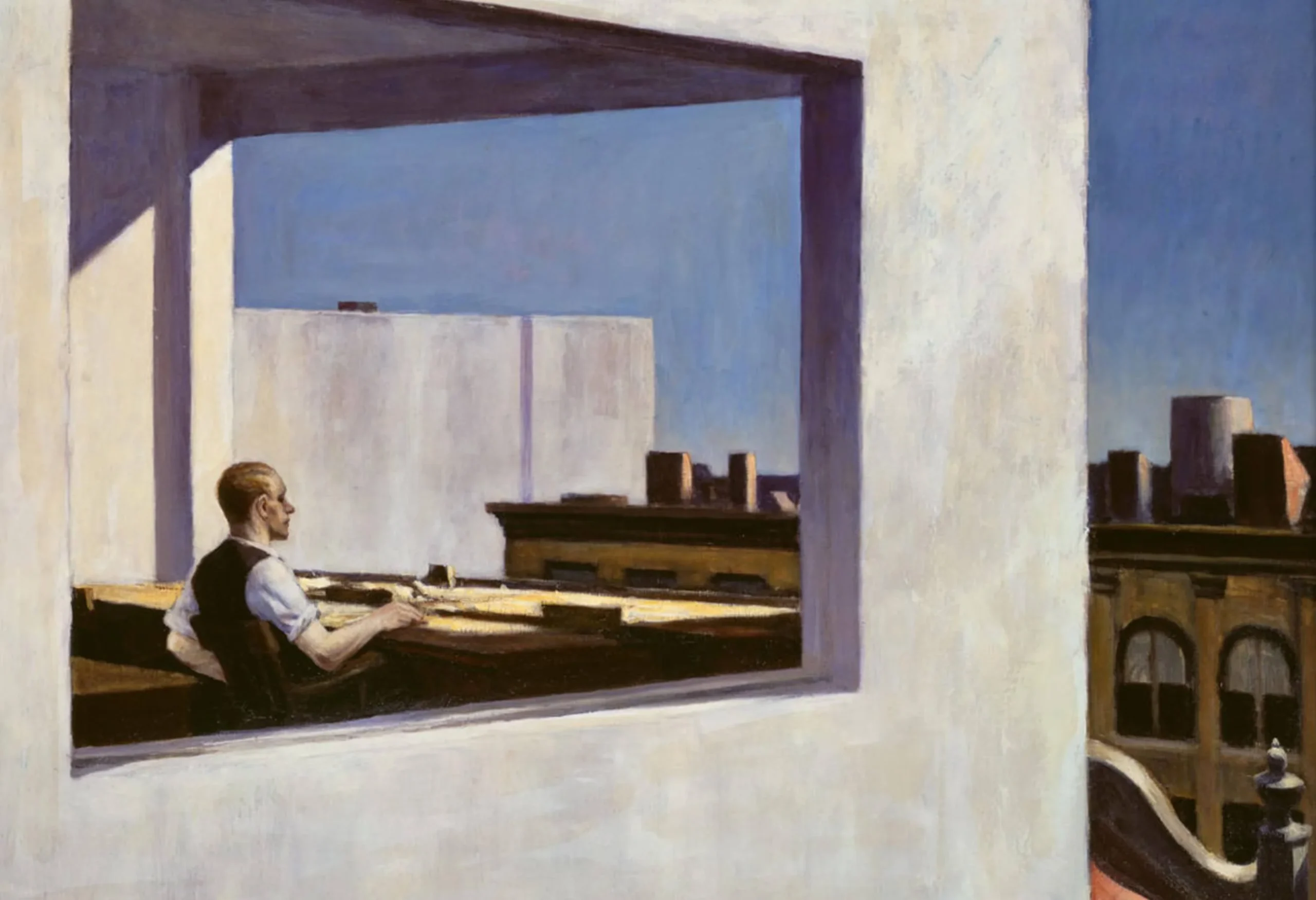While reading Fernendo Pessoa’s Book of Disquiet, I came across one of the most unique psychological concepts. Its an awesome book, a whole genre in itself, but if I have to symbolize this book into a word, if I have to tell what’s so great that I found in that book, I would say its “Tedium”. I have read various literary and philosophical authors, classical as well as modern ones, but never has anyone illustrated this fundamental human feeling like Pessoa. Fernando Pessoa has widely discussed tedium in the book of disquiet and explored this feeling in a number of ways and under a number of situations.
What is Tedium
Tedium is the incapacity to think, act, or believe. Sound sad? Not really! Pitiful? I don’t think so. Because despite the incapacity to act, a person still lives and goes around in his daily life, and despite the incapacity to think, Pessoa has explored and documented a very deep aspect of the human psyche like never before. Pessoa defines tedium as:
“To think without thinking but with the weariness of thinking; to feel without feeling, but with the anxiety of feeling; to shun without shunning, but with the disgust that makes one shun”
“Tedium… To suffer without suffering, to want without desire, to think without reason, its like being possessed by a negative demon, like being bewitched by nothing at all”
Tedium is the feeling of a person who doesn’t want anything, but still feels like he is missing much, a person whose mind is continuously powered up without any concrete thoughts or reasoning process. It’s the condition of an exhausted soul that constantly wants something that can eliminate its boredom. It constantly asks “what to do?” so that this weariness may end, but cannot think of anything because everything seems to be futile. It’s all shitty, nothing is worth living for, and there is no way out of it.
What Causes Tedium
Tedium is grounded in the firm realization about the general meaninglessness of things, the pointless recurrence of everything, the underlying monotony of all the diversity. The universe, and all the life, with all its colors and diversity, and the progression of time, it’s all just an endless repetition of the same. There is no point of it all, everything just exists as it does, neither for good nor for worse. Its just that everything goes around. There is no point to life. Even though we may be living, doing one thing or the other. Making relations; drinking and partying; ascending on the career ladder; or struggles of a diseased person; nothing is too great to take it too seriously.
Happiness and joy look like petty things. Love is tiresome. Laughter is stupid. It is a state of mind in which one cannot have joy, and every kind of effort seems senseless. Romantic relations; vibrant parties; radiance of youth; the mind is averse to all these things. Being nauseous makes much more sense than laughing out loud. I remember here the line from black sabbath song paranoid: “I wish you to enjoy life, I wish I could but it’s too late.
This is the condition that I have experienced many times after being too high on pot. Jokes seem stupid, discussions seem to be wearisome, chit-chat feels vulgar, and music… Yeah, sometimes I like music on such occasions, it makes the mood enjoyable. But other times, even music seems too much, a burden to the ears, agony to the mind.
There is no point to put effort for anything, except, of course, to earn the sustenance, because one must keep on living. But living doesn’t lead to anything. Progress seems to be an illusion; there is no progress in life, there is no progress in the universe, its only pointless repetition of everything. As Pessoa puts it:
“The tedium of forever new, the tedium of discovering – behind the specious difference of things and ideas – the unrelenting sameness of everything, the absolute similarity of a mosque, a temple, and a church, the exact equivalence of a cabin and a castle, the same physical body for a king in robes and for a naked savage, the eternal concordance of life with itself, the stagnation everything I live, all of it equally condemned to change”
Day after day, week after week. It’s all the same. time progresses, we grow old, things degrade, innovations happen, new technologies emerge, old conventions are broken, new values are formed, governments change, ideologies evolve, and new doctrines come into being. Yet, it’s the same humans and same universe, the same laws of physics, the eternal recurrence of days and nights, of changing seasons, of migrating birds, the same human desires, and conflicts, stories of love and war, family feuds, and age-old struggles of freedom and consolidation of power.
Time progresses, and development happens, but this development is neither good nor bad, it just is. Things change, but this change follows a monotonous pattern. When we broaden our perspective and look from high above, we see that all this progress is going nowhere. It’s like a Rube Goldberg Machine in which lots of complicated motion happens to achieve an insignificant task. Or like a slot machine which sometimes, purely out of chance, gives a jackpot, but afterwards it gives random combinations again.
Who Experiences Tedium
So, who experiences tedium? What fraction of people experiences tedium and how frequently? I believe it is something that many people experiences at one point or another. The reader might recall the times when he/she too experienced the sort of feeling defined above. However, one has to have the solid realization about the futility of all existence to experience tedium. Without such mindset, one can experience some similar emotions like “anxiety”, but not tedium. Pessoa says:
“Tedium… Perhaps, deep down, it is the soul’s dissatisfaction because we didn’t give it a belief, the disappointment of the sad child (who we are on the inside) because we didn’t buy it the divine toy. Perhaps it is the insecurity of one who needs a guiding hand and who doesn’t feel, on the black path of profound sensation, anything more than the soundless night of not being able to think, the empty road of not being able to feel… Tedium… Those who have Gods don’t have tedium. Tedium is the lack of a mythology. For people without beliefs, even doubt is impossible, even their scepticism will lack the strength to question. Yes, tedium is the loss of the soul’s capacity for self-delusion; it is the mind’s lack of the non-existent ladder by which it might firmly ascend to truth”
Tedium is not for believers. Here God signifies not only the one in the skies but all sorts of ideologies and beliefs that people anchor their lives too. All the things that one struggles for, that one wishes to live and die for. All the ideas that give life some ultimate meaning, and all the narratives of progress and prosperity. The notions of patriotism, faith, love, achievement. All these things seem to be deceptions to the person who experiences tedium. And it happens, that under certain circumstance, like when one has drunk too much, or when one feels extreme pain, even the believers lose their faith, and its in those moments that tedium is revealed.
As for the frequency of its occurrence, tedium can occur anytime. Sometimes tedium may last for days and even weeks. At other times, it may last for only a minute or so. Some people might experience tedium every day, others may pass years without it. It all depends.
Is Tedium Good, Bad, or Noble
Tedium is neither good nor bad. It’s a feeling that stands above the dominions of good and bad. It is just a regular state of affairs for a person predisposed to it. Like hunger, burping, or drowsiness after a tiring day, tedium too is just a natural condition. Everyone who has got eyes can see it. It’s a dispiritedness that can be knowingly endured or ignored.
Under certain conditions tedium can be elevating. This happens, when one experiences tedium in idleness, with body and mind relaxed. The negative feeling of stagnation is compensated by the realization that even the universe, like my own life, is futile. There is nothing great about my life, it’s moving in an endless cycle day after day; wakeup, breakfast, work, workout, and scrolling social media. Same places, same people, same job, same meals, and same sleep every day. That’s how my life has been going for years. But when I realize that it is the pattern of the universe, that I am not special, that all of the humanity is condemned to existence like me, it’s sort of uplifting.
However, tedium can be too burdensome to someone who has to strive hard. For such a person has to keep doing things despite knowing that there is nothing worth doing. Regarding to his job as a bookkeeper where he puts a lot of effort to maintain the ledger, Pessoa says:
“In my present tedium there is no rest, no nobility, and no well-being against which to feel unwell: there’s a vast effacement of every act I do, rather than a potential weariness from acts I’ll never do”
In regards to being noble, Pessoa thinks there are types of tedium – even though he avoids differentiating between them – and that certain kind of tedium may be noble than other kinds. He calls the tedium of Khayyam – the persian sage – to be nobler than the tedium of ones who were born and dead and turn to become junkies. Khayyam, however, wasn’t born dead. He had the energy and a sound mind. He studied much and knew much, and only after exploring all philosophies and religions, he concluded that it was all a vanity and vexation of spirit.
Read the book of disquiet to explore different ways in which tedium can be experienced. If you have any personal experience like that, I would love to hear from you.




